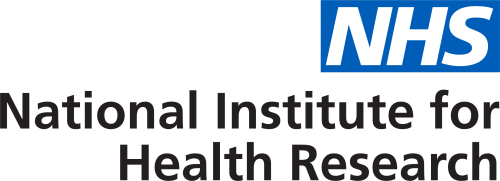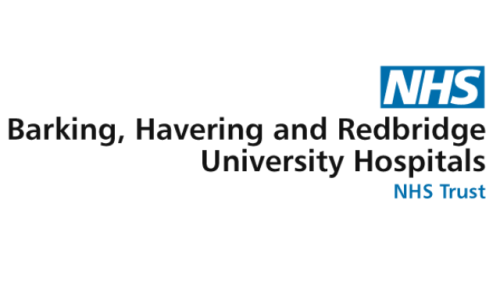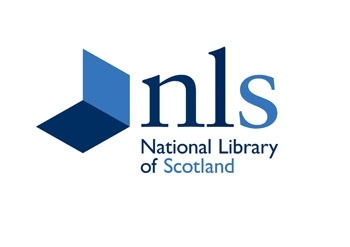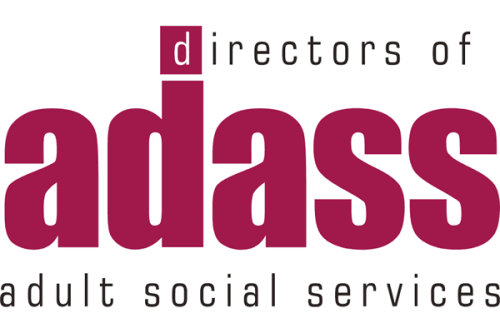Risk is often seen as something to be avoided, but it is a fact of life. In times like these, organisations need to do things differently to meet unprecedented levels of demand from the public, while improving quality and achieving financial balance. Change is never without risk. The question is not whether we should take risks, but how much risk we are willing to take in pursuit of our objectives and how we manage and mitigate that risk. So, it pays to be risk-aware rather than risk-averse.
Forward-thinking organisations know that risk management must be an integral part of their culture and leadership. It cannot be confined to a single department or division. It must not be performed inside operational silos. It has to be a collaborative exercise, with ownership shared and managed across the organisation.
Your risk management system should be straightforward, clear and widely understood by everyone in your organisation. It must enable you to identify the most important risks you face and then escalate and act on them.
GGI will work with you to review your approach to risk, for example by co-producing your vital risk documents, helping you ensure there is a golden thread advising of delivery and feedback throughout your organisation.
We can help to protect you from nasty surprises such as regulatory enforcement action stemming from risks you’ve underestimated or missed. And we will ensure that your risk management processes reflect the latest international best practice. We can also train your staff in how to apply those processes in practice.
What kind of risk management training can GGI offer?
Our risk management training will be tailored to your specific needs and can be delivered virtually or in-person, to whichever audience you feel would benefit from it, from your top team to every member of staff. You can expect to emerge from our training with a common understanding of risk management principles and practical tips to help you manage risks in your organisation. We will help you understand the importance of risk management and the key concepts involved; the roles, responsibilities, escalation and governance in risk management at your organisation; and the stages in the risk management process.
Why is it important to define risk appetite?
Being clear on your organisation’s risk appetite enables more effective delegation and empowers your people to take informed and controlled risks in pursuit of corporate objectives. It also helps you to strike the right balance between opportunity, rewards, and risk.
How can GGI develop my risk management system?
GGI can help to draft or renew your policies and processes. We can work with you to develop a robust risk management strategy and ensure that you have the people and systems in place to implement the strategy. We can help to establish a risk management group within your organisation – producing agendas, terms of reference and cycles of business for that meeting. Experience has shown the importance of having an operational committee to oversee the risk register and hold divisions and departments to account for how they manage their risks.
What is a board assurance framework?
A board assurance framework (BAF) brings together the main risks that could prevent your organisation from achieving its strategic objectives, as well as setting out a set of control measures to prevent or mitigate those risks. Your BAF also identifies what you need to do to close any gaps that might prevent you from achieving your objectives. A BAF will also help to ensure that your board knows what it needs to know. It should help to shape the board’s agenda and work programme and help to focus their scrutiny where it’s most needed.
How can GGI support us with our BAF?
GGI will facilitate workshops to identify and quantify the strategic risks you face. Then we will co-produce your BAF in a way that ensures you fully understand the process. And we will help you to maximise its potential as a powerful tool for board-level scrutiny.









